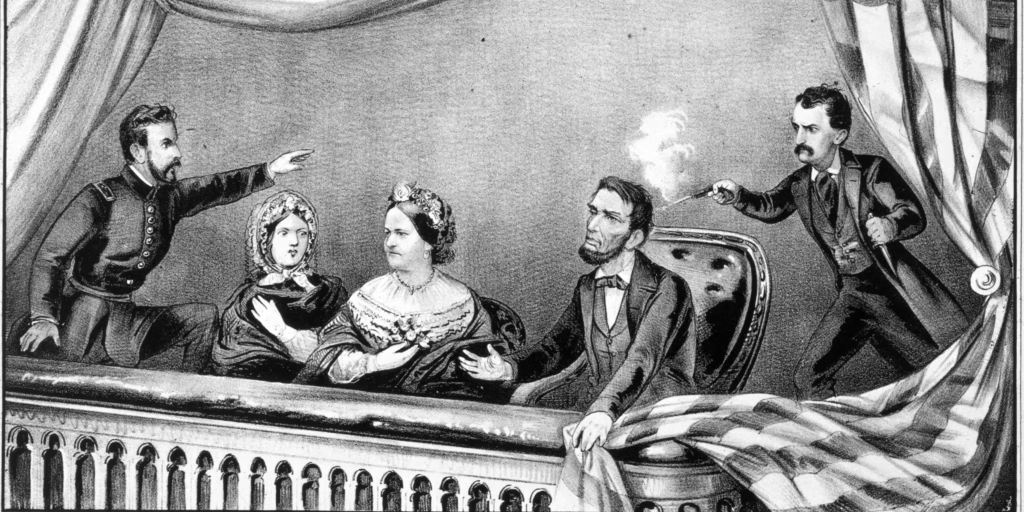The execution of Mary Surratt and others involved in President Lincoln’s assassination marked a significant moment in U.S. history, highlighting the country’s tumultuous period following the Civil War. The event showcased the government’s determination to hold accountable those responsible for the nation’s trauma.

The annexation of Hawaii in 1898, on the other hand, was a pivotal moment in U.S. expansionism. This move had far-reaching consequences for the native Hawaiian population, leading to the loss of sovereignty and cultural identity. The annexation also reflected the United States’ growing presence in the Pacific and its strategic interests in the region.
Both events are crucial in understanding the complexities of U.S. history, including its internal conflicts, expansionist policies, and the impact of these actions on different communities.



